On Tuesday night, millions of debate watchers will finally see the five Democratic presidential candidates’ views contrasted in stark relief on a debate stage in Las Vegas.
There is much the candidates agree on. More government intervention is required to lower health care costs, most of them say. Public college should be debt-free, Wall Street should be better regulated to prevent another crisis and taxes on the wealthy need to be raised to close the deficit.
But there are some significant differences too, and the CNN-hosted Democratic debate will expose the fault lines.
Much of the debate will likely center around who is the truest progressive on a range of issues, ranging from criminal justice reform to gun control to immigration. The candidates will have to show they are liberal enough to attract the Democratic base, but moderate enough to win a general election.
At the center of debate will be Hillary Clinton, who will aim to prove to Democrats that she is practical and progressive. The other candidates will try to show she is not as progressive as they are.
Here a few of the major issues where the Democrats may show disagreement during the debate.
Read More: Longshot Candidates Prepare to Debate Clinton, Sanders
Wall Street Reform
Vermont Sen. Bernie Sanders and former Maryland Gov. Martin O’Malley have built their candidacies around vociferous criticism of major financial institutions, calling for a break-up of the big banks. Clinton has also called for cracking the whip on Wall Street, but she would give regulators more leeway in deciding financial institutions’ fates.
The major issue of disagreement is over the reinstatement of Glass-Steagall, a law that separated commercial and investment banking that was repealed during the Clinton administration. Clinton opposes reinstating Glass-Steagall; Sanders, O’Malley and many liberals want to bring it back.
Gun Control
Strengthening gun laws has become a central issue in the Democratic primary in the wake of the Newtown and other mass shootings. Clinton, O’Malley and Sanders have all called for expanded background checks and blasted the National Rifle Association for distorting the debate.
The vulnerable candidate on the stage, however, is Sanders, who hails from a hunting state. He voted against the seminal Brady Bill gun-control law in 1993 and in favor of a much-despised 2005 law that gives gun manufacturers legal immunity if their weapons are misused. Sanders has signaled he’s open to changing his views, but he may be criticized by opponents eager to poke holes in his image as the most progressive candidate.
Read More: Here’s How Underdog Martin O’Malley Plans to Win the Democratic Debate
Minimum Wage
All the candidates want to raise the federal minimum wage from its current level of $7.25 an hour, but Clinton has not committed to raising it to $15 an hour, as her opponents have. Sanders and O’Malley could draw out differences with Clinton on how high to set the minimum wage.
Social Security
Clinton has called for “enhancing” Social Security, while her rivals have called to expand it.
Keystone Pipeline and the Trans-Pacific Partnership.
Some Democrats believe Clinton has long supported both the pipeline—which would carry oil from Canada into the United States and could worsen global warming—and suspected she supported the TPP, the trade deal loathed by influential unions.
Though Clinton has recently come out against both, expect Sanders and O’Malley to question why it took Clinton so long to make up her mind. They will use both issues to question Clinton’s commitment to progressive ideas. (Clinton has said it would be in appropriate to comment on policy that she worked on as Secretary of State and is still being disputed.)
Health Care
All the candidates supported the Affordable Care Act, but they have different visions of what to do with it after Obama leaves office. Clinton says she wants to build on it, find ways to reduce prescription drug costs by allowing Medicare to negotiate for prices and capping monthly payments of up to $250.
Sanders, meanwhile, wants to move away from the Affordable Care Act and create a single-payer, government-run health care system, like the kind used in Canada and much of Europe. He argues health care coverage should be a right for all Americans.
Read More: Watching the Republican Debate With the Clinton Campaign
Iraq War
A hugely influential issue in the 2004 and 2008 primaries that has lost some of its importance in 2015, watch for the Iraq War and foreign policy to come up again this year. Sanders, O’Malley, former Rhode Island Gov. Lincoln Chafee and former Virginia Sen. Jim Webb strongly opposed the war, while Clinton supported it.
Clinton has called her support for the war a “mistake” but that hasn’t stopped Sanders from making jabs against her for her hawkishness. Criticizing Clinton’s hawkishness is an easy way for candidates to score points among Democratic voters, but it remains to be seen how much valence the issue still has.
Read Next:
See the 2016 Candidates' Campaign Launches
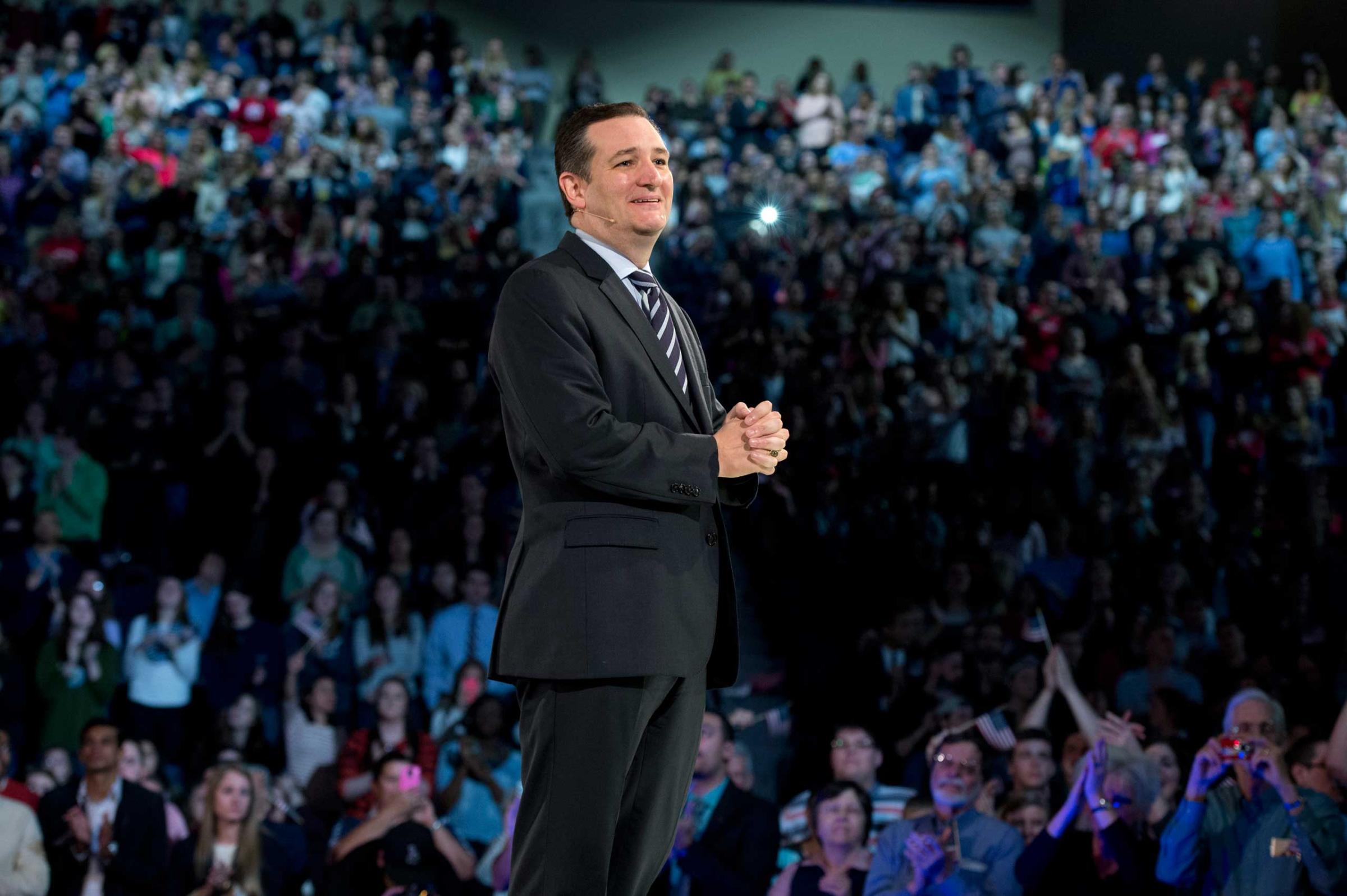
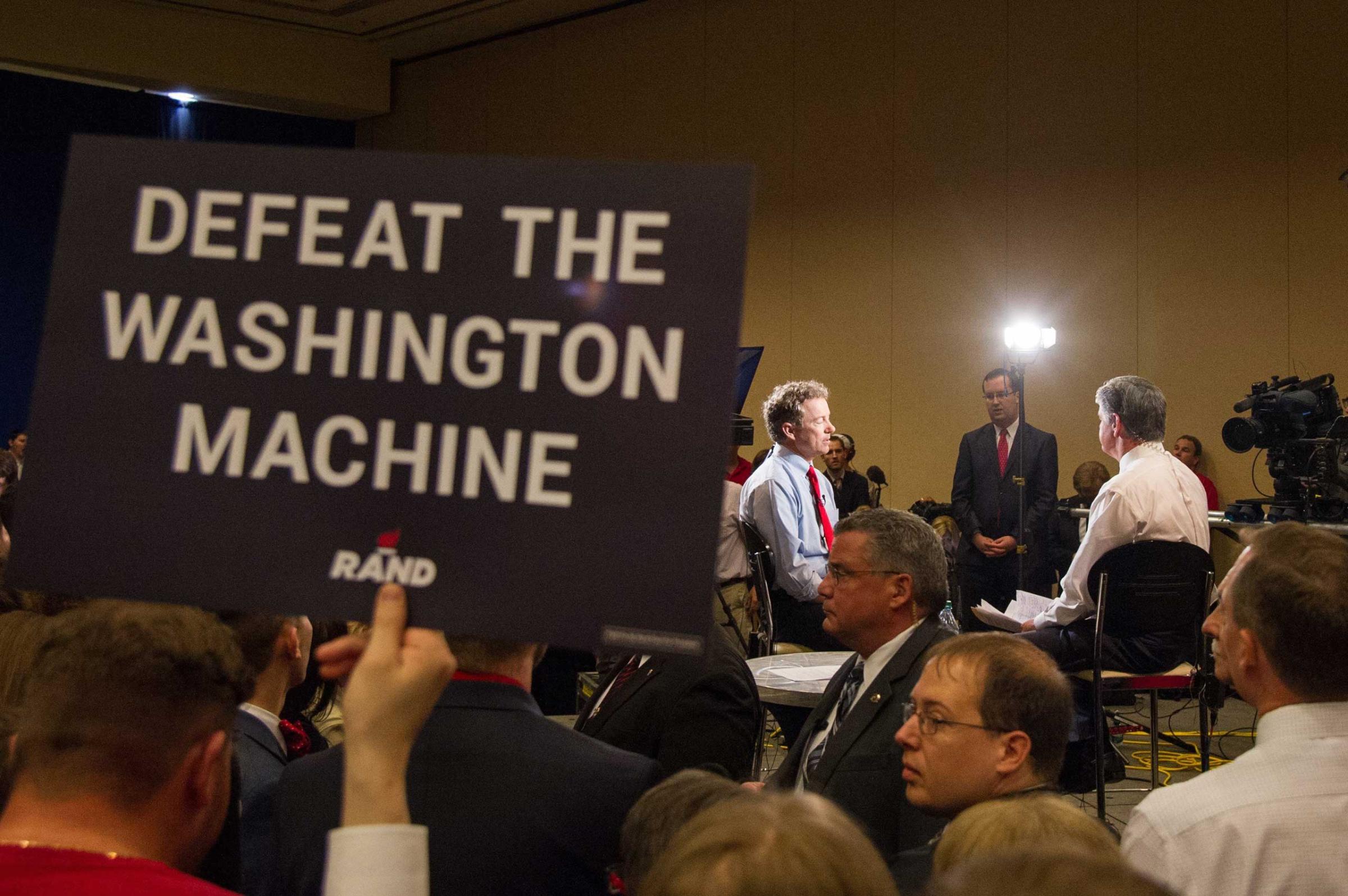
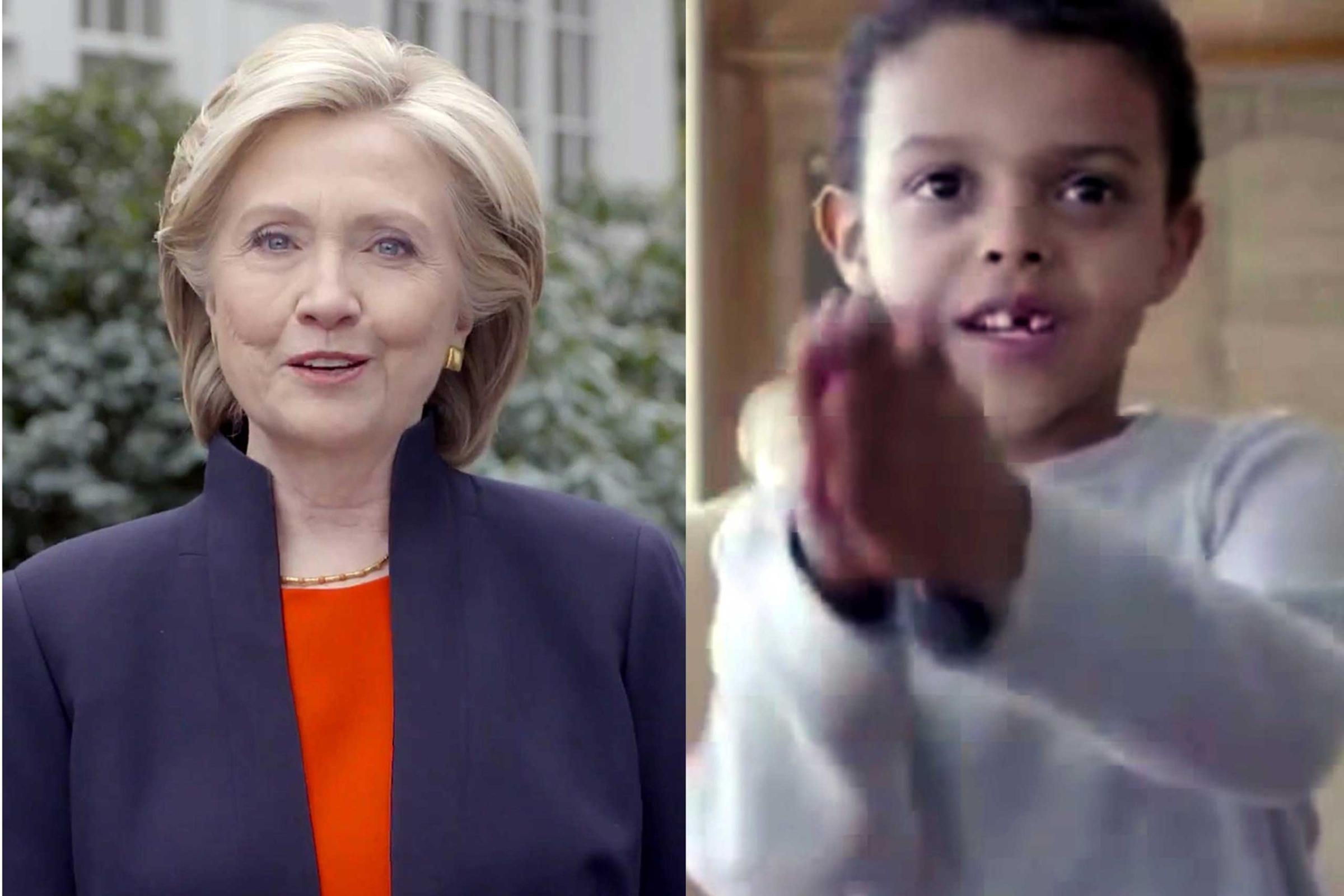
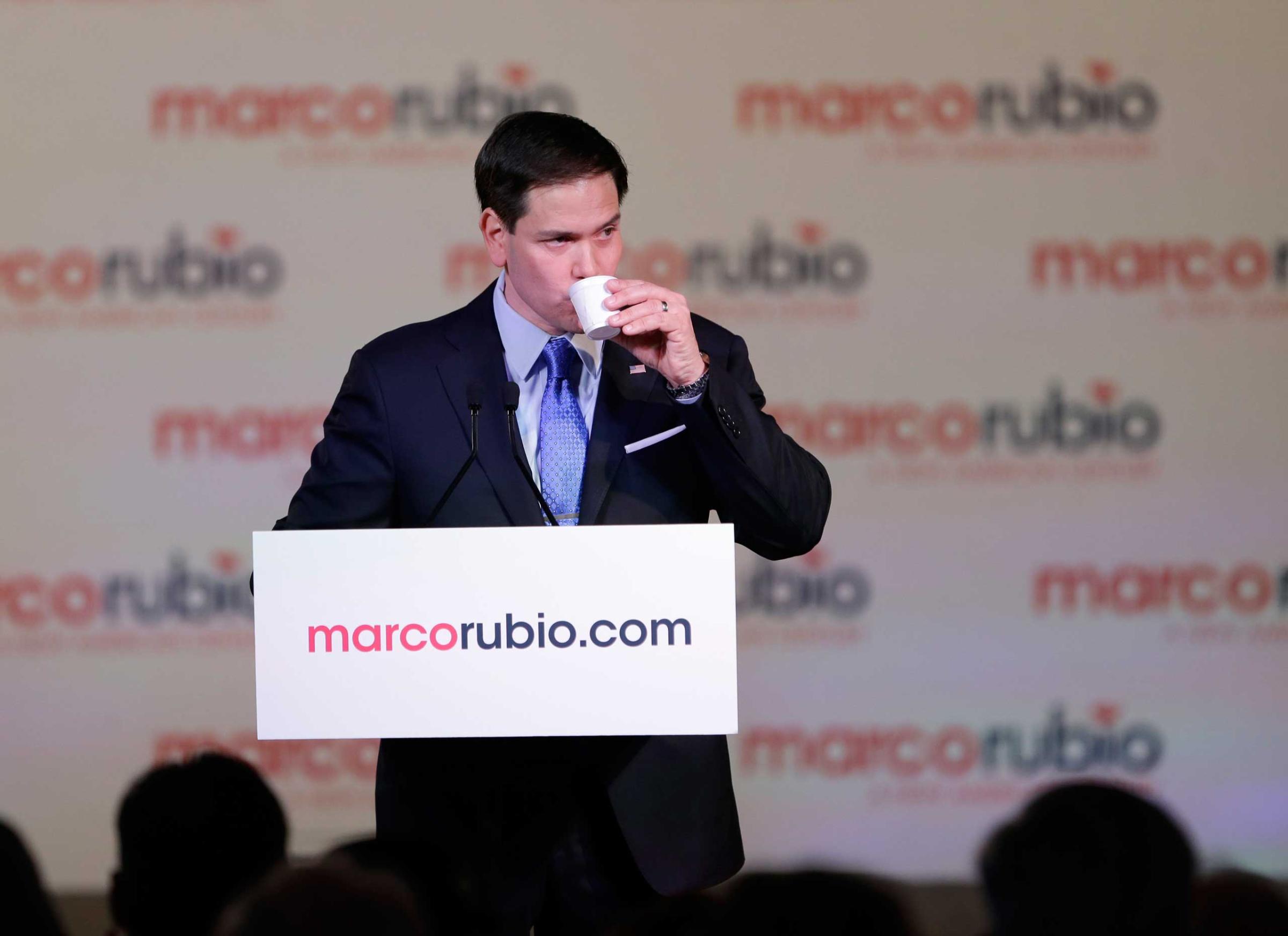
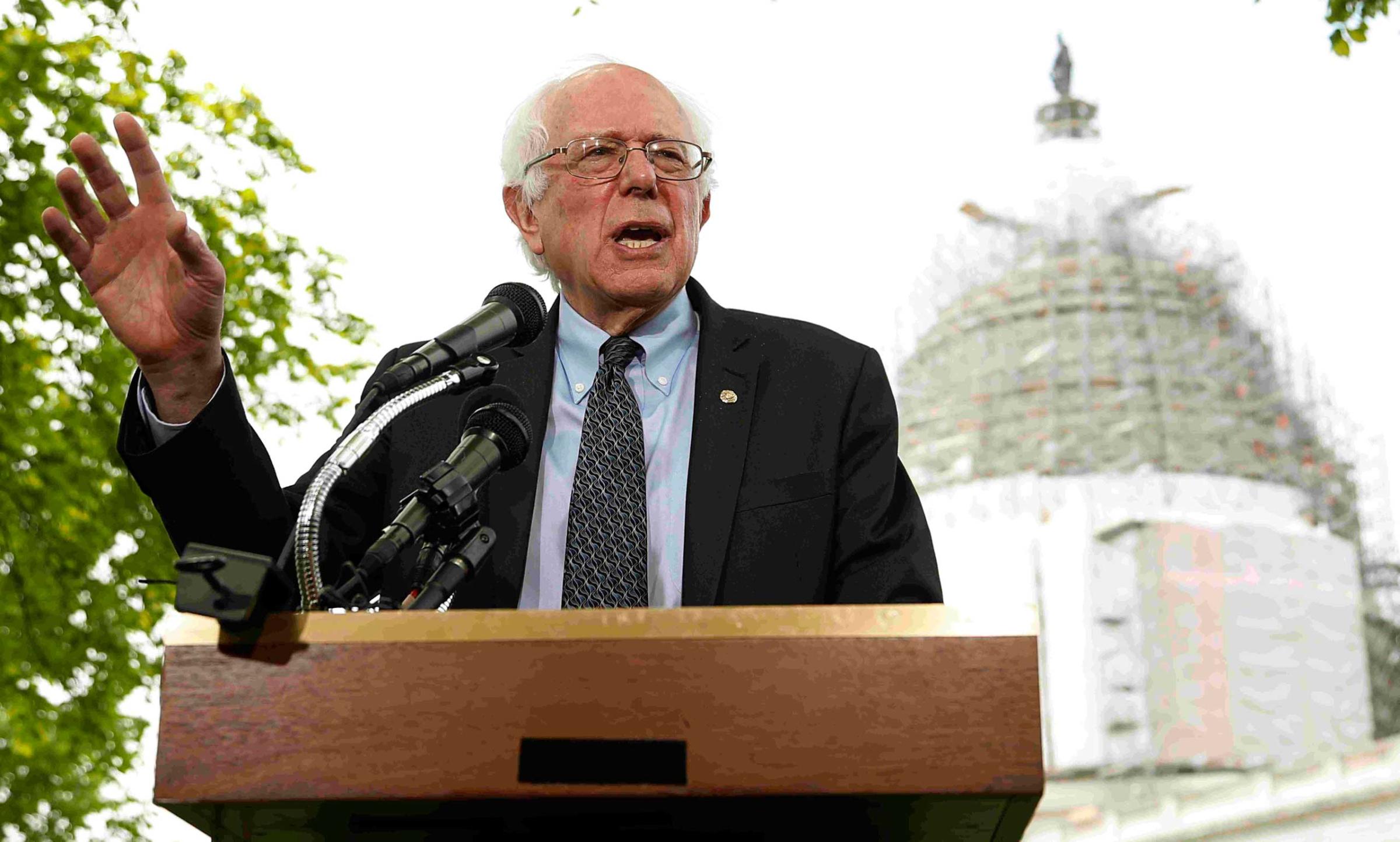
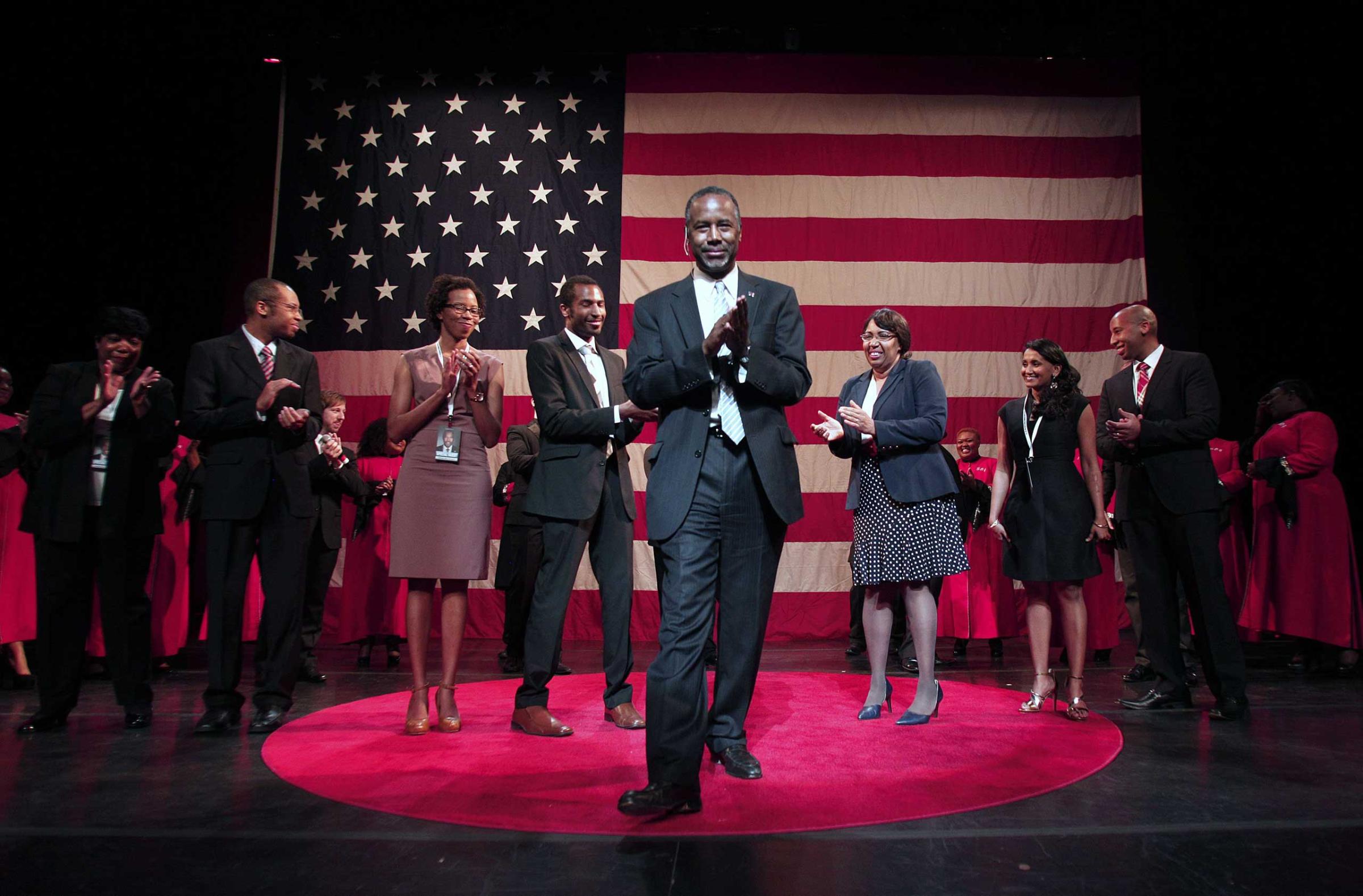
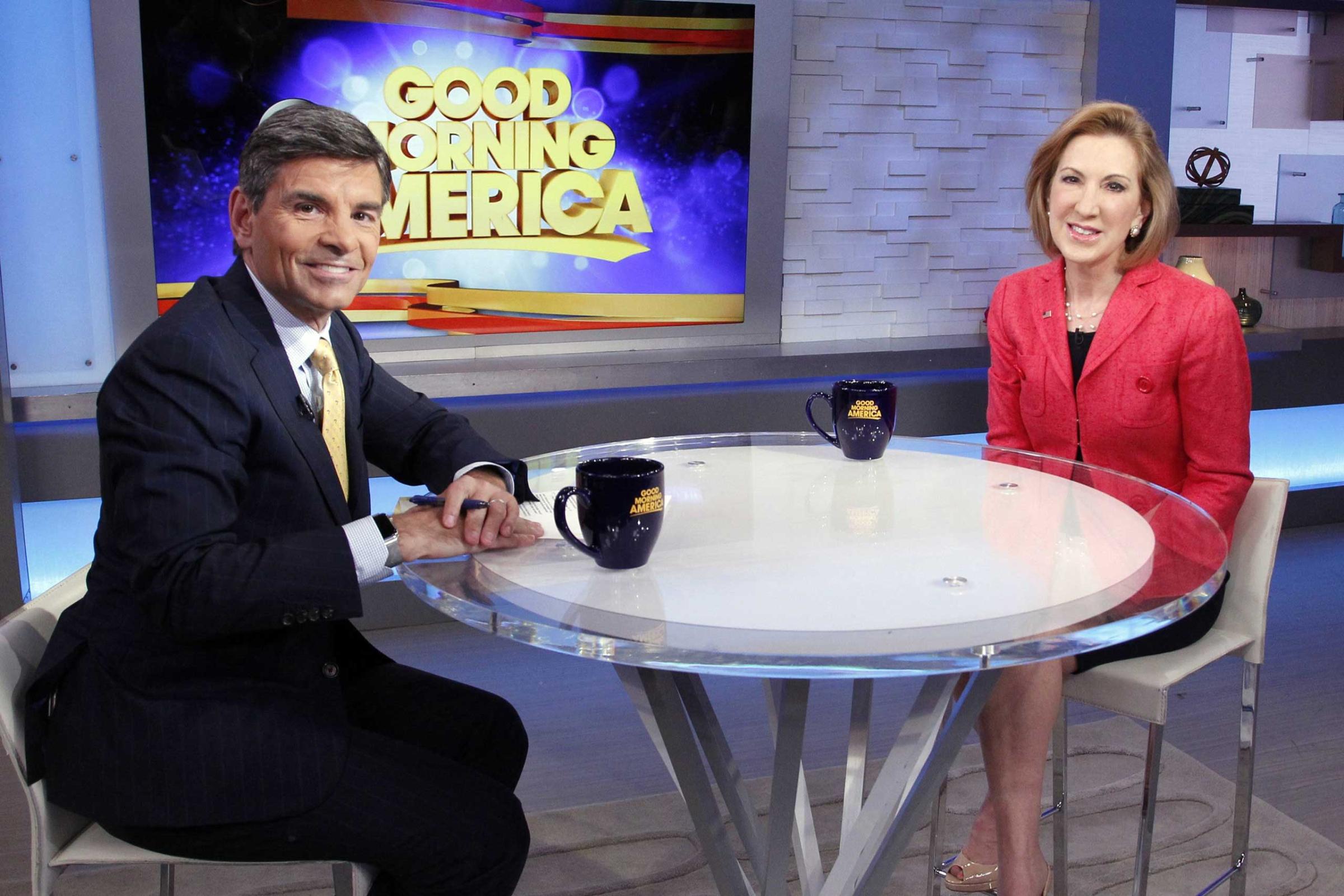
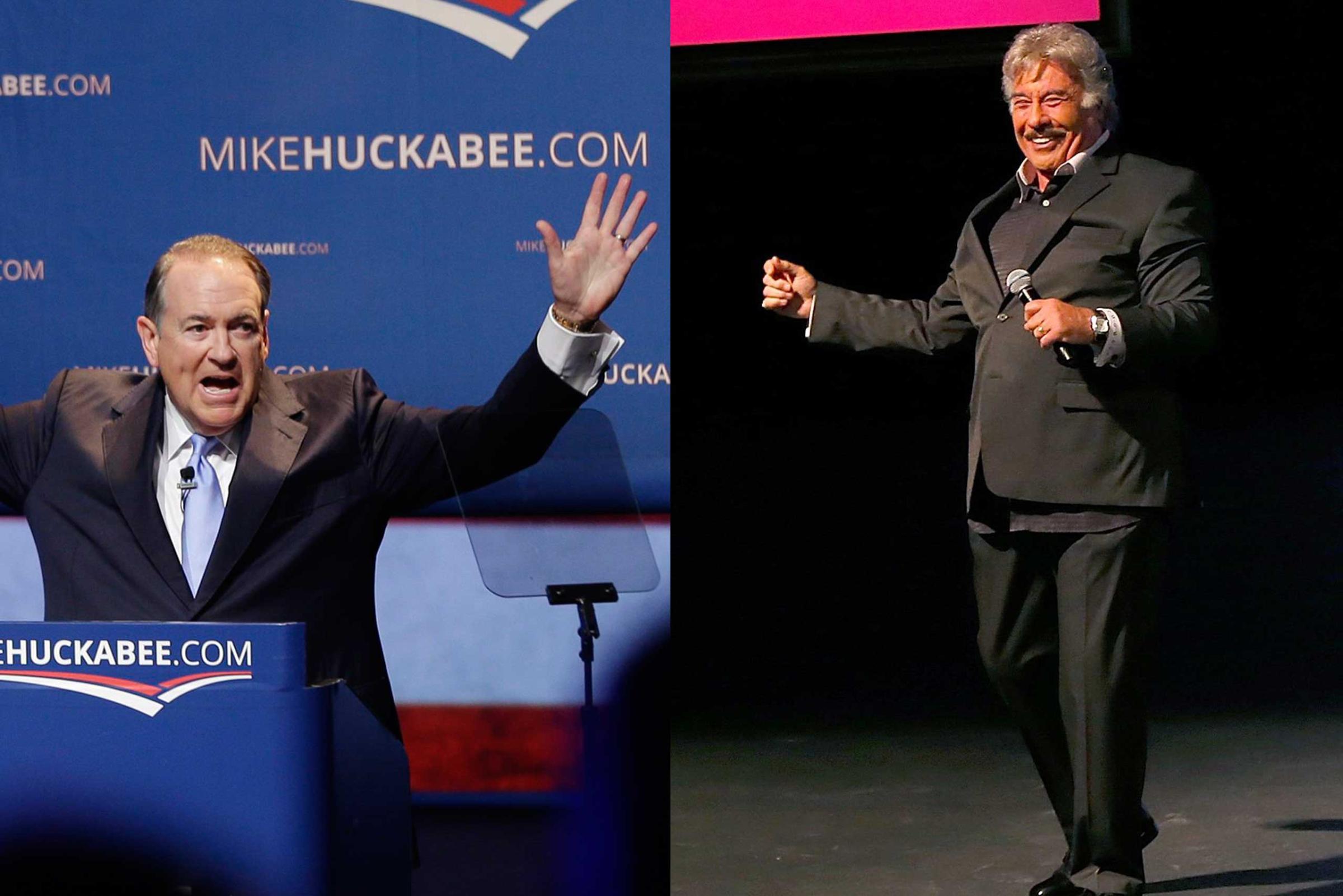
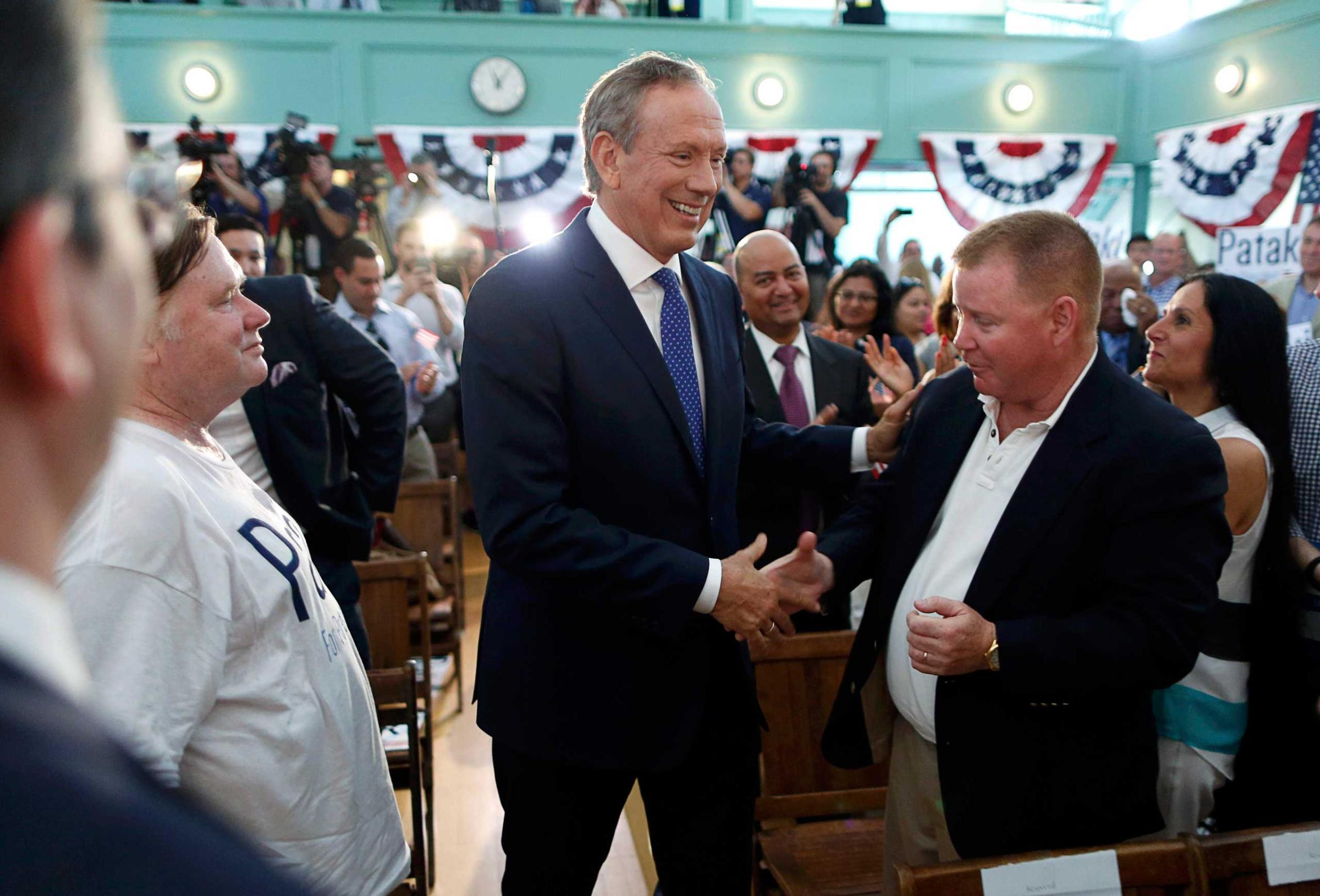
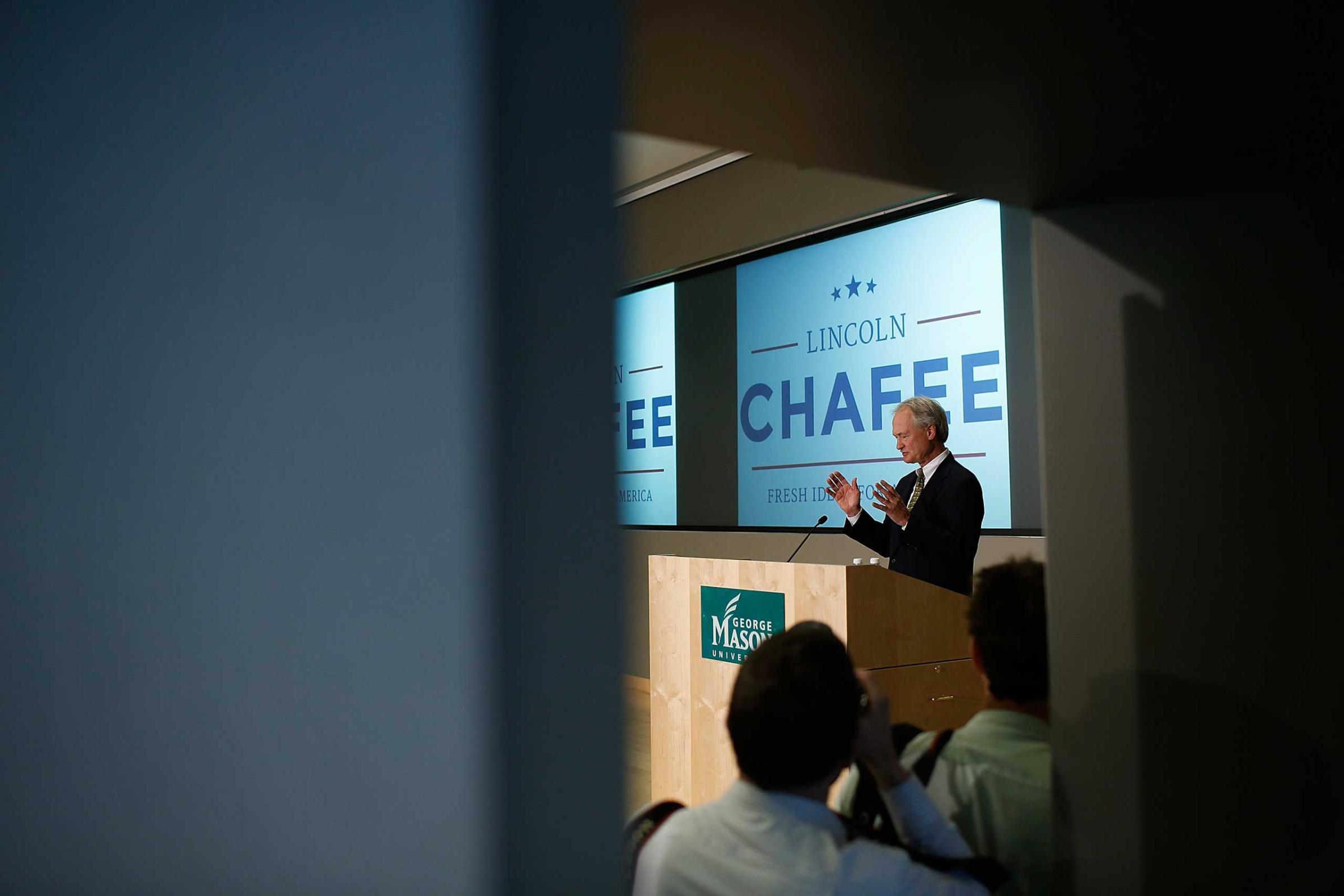
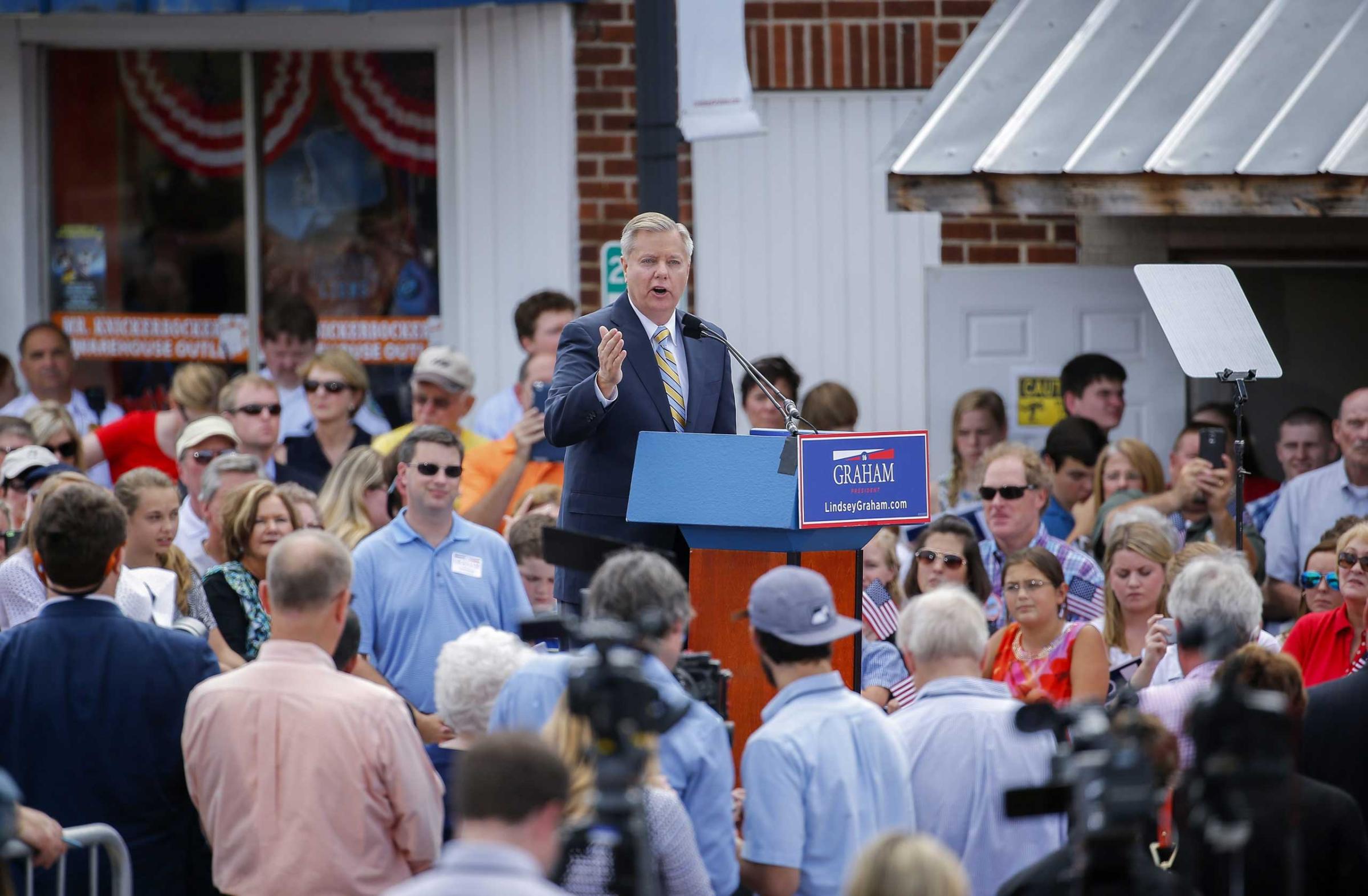
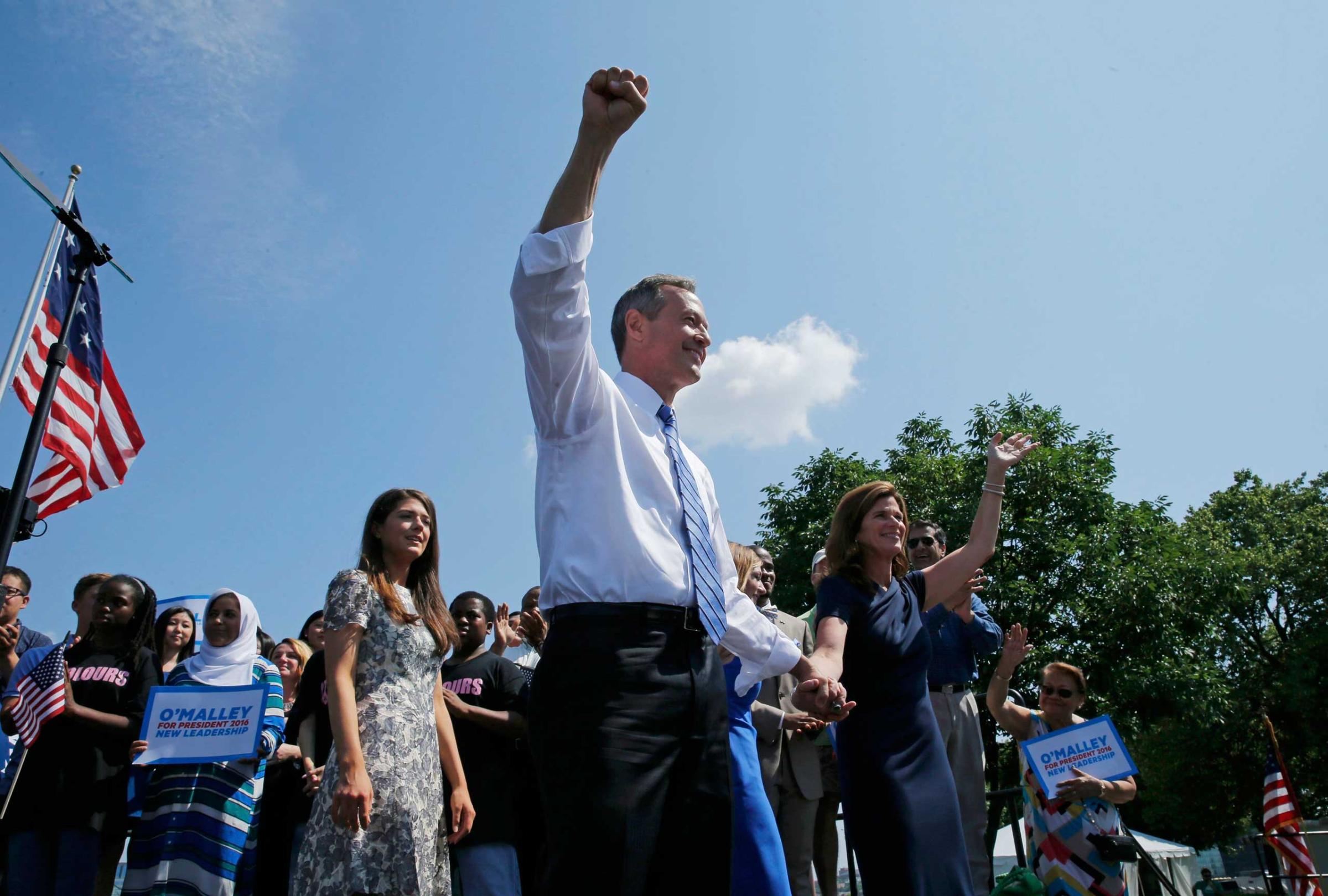
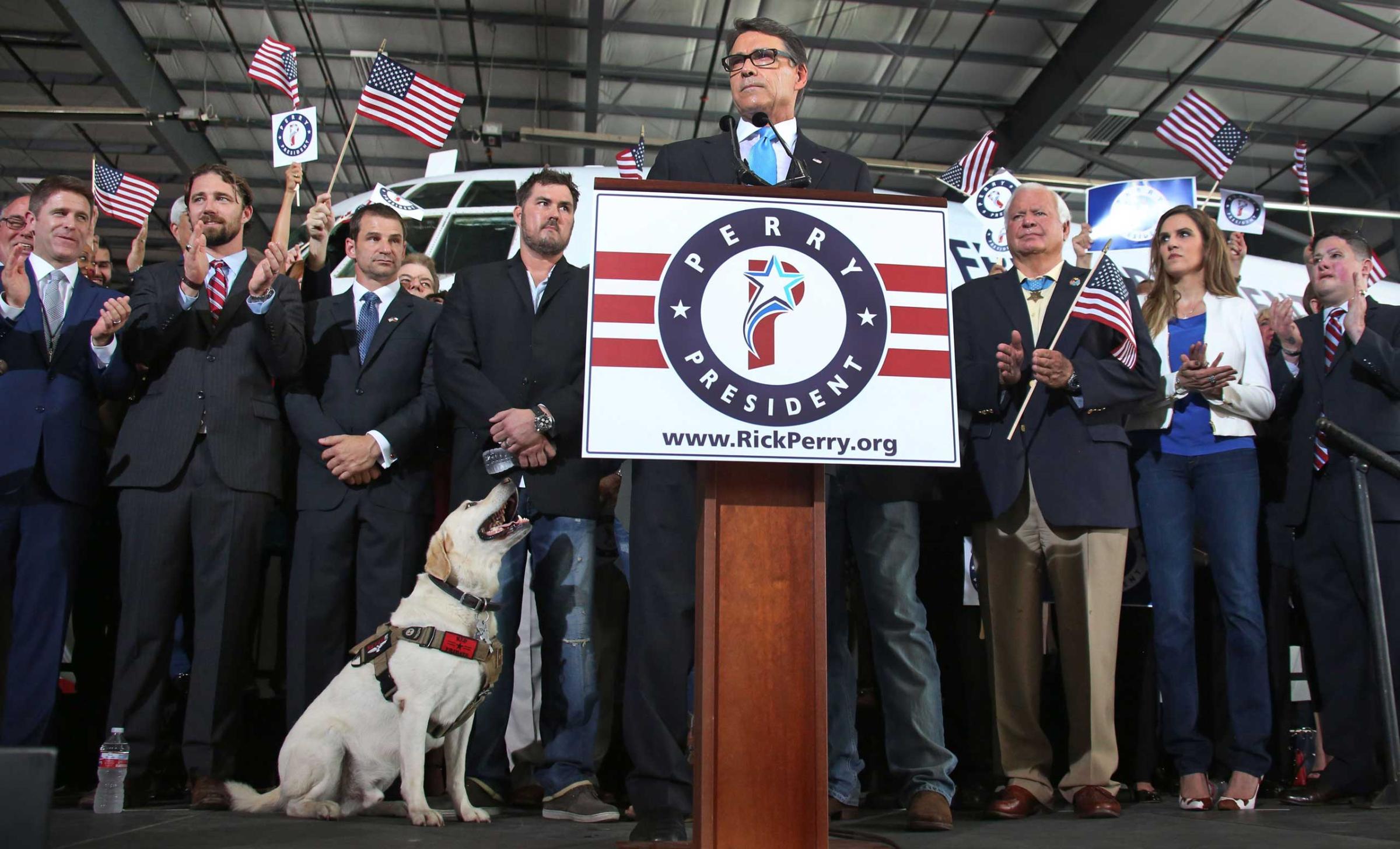
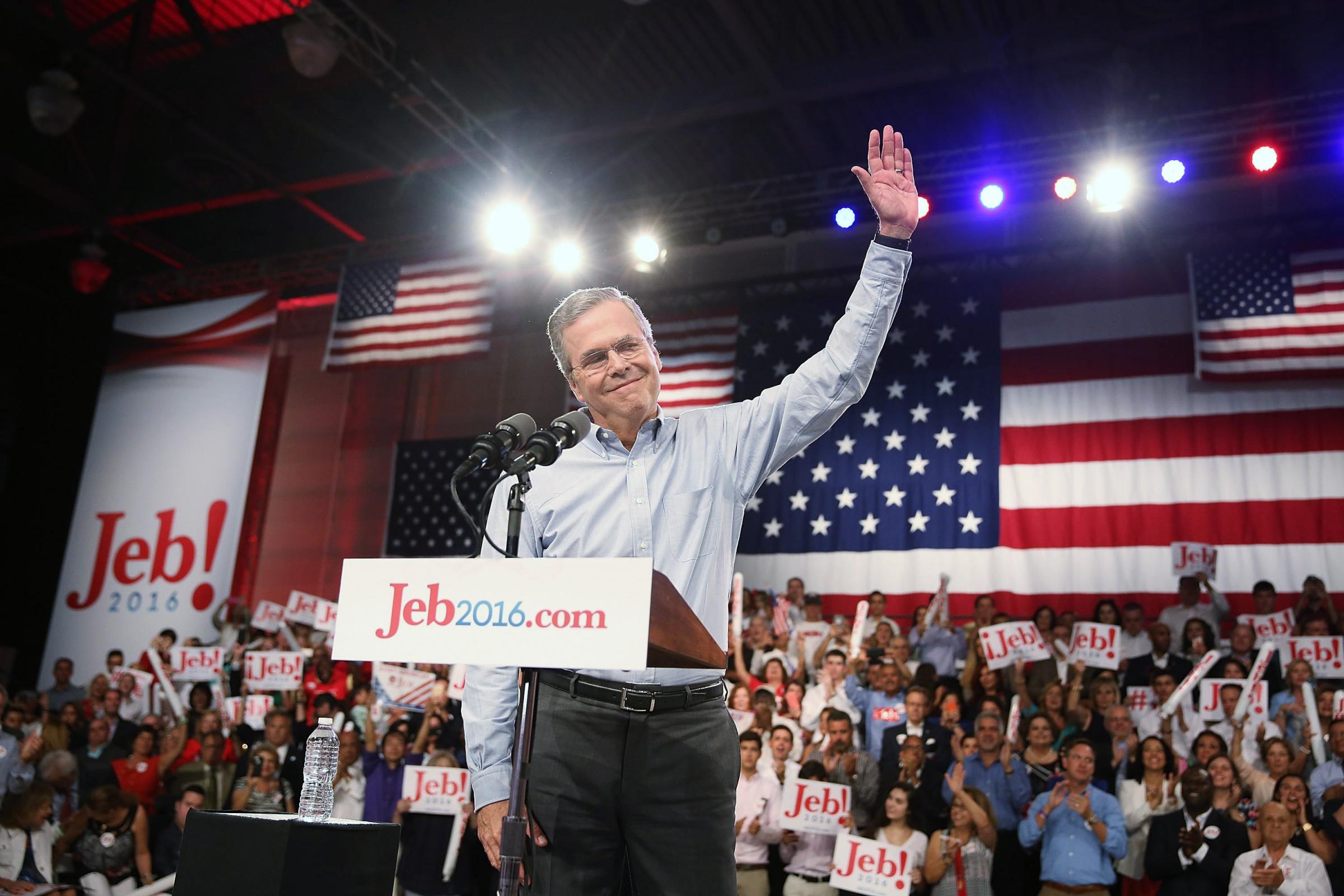
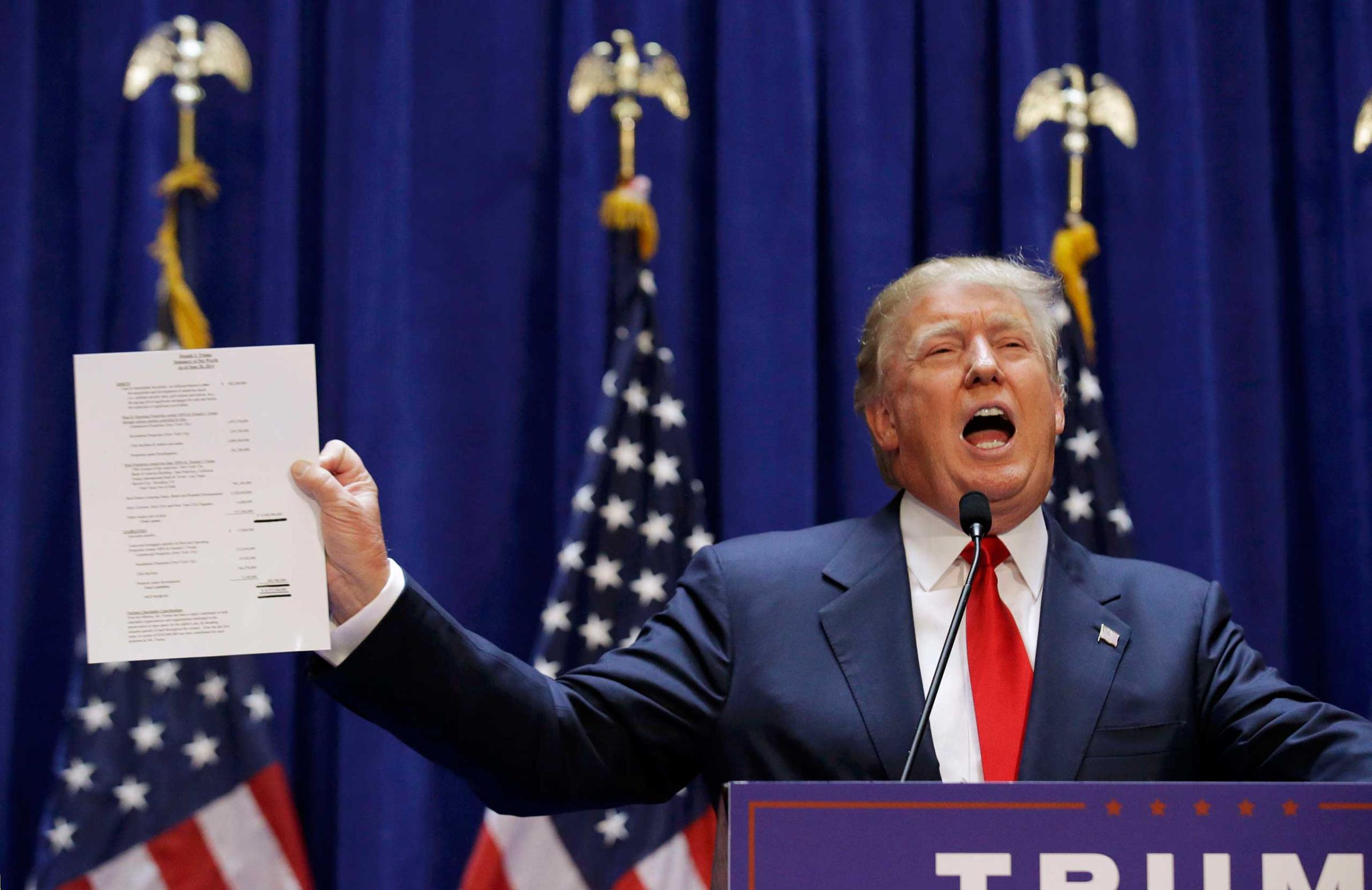
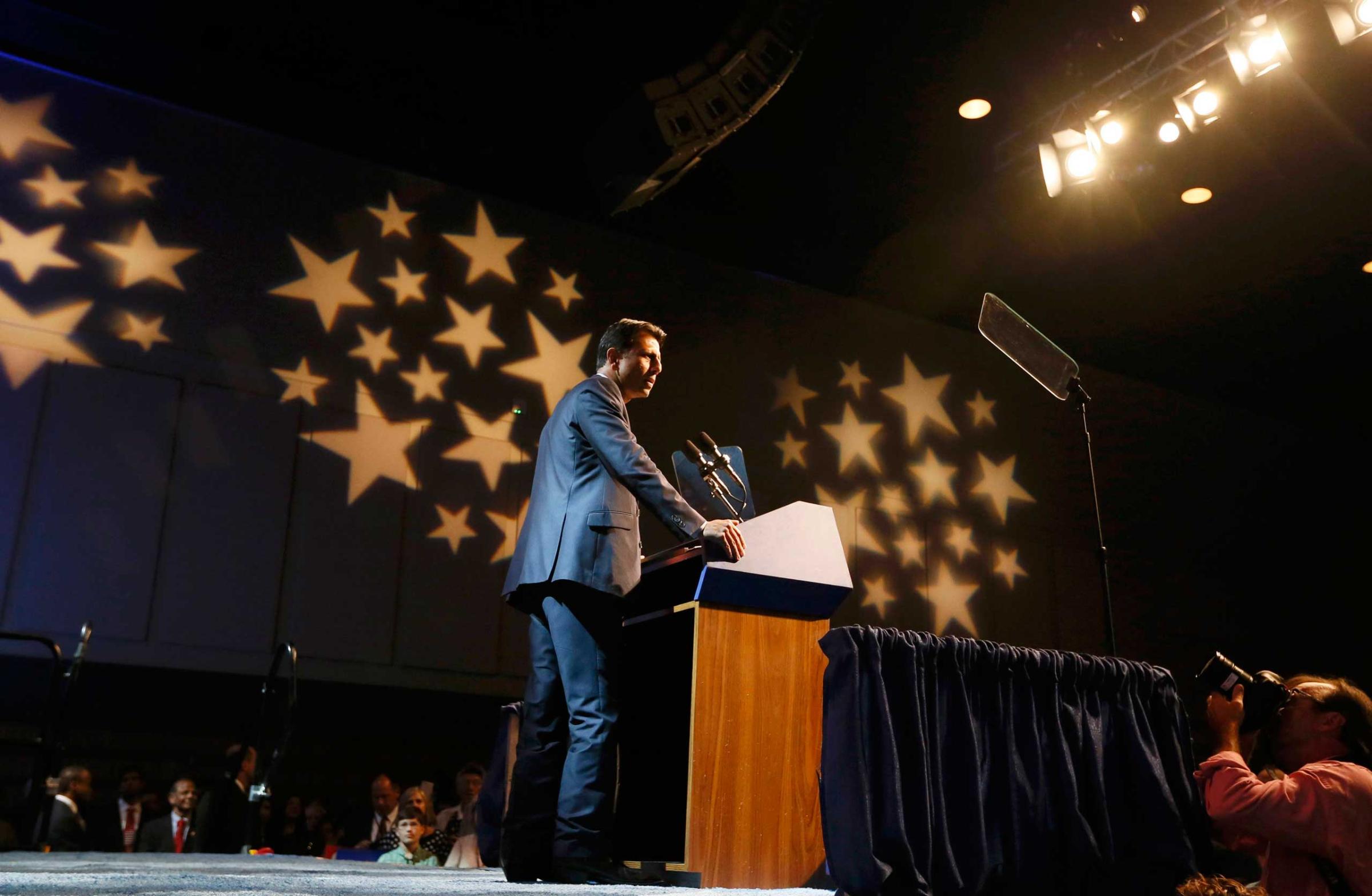
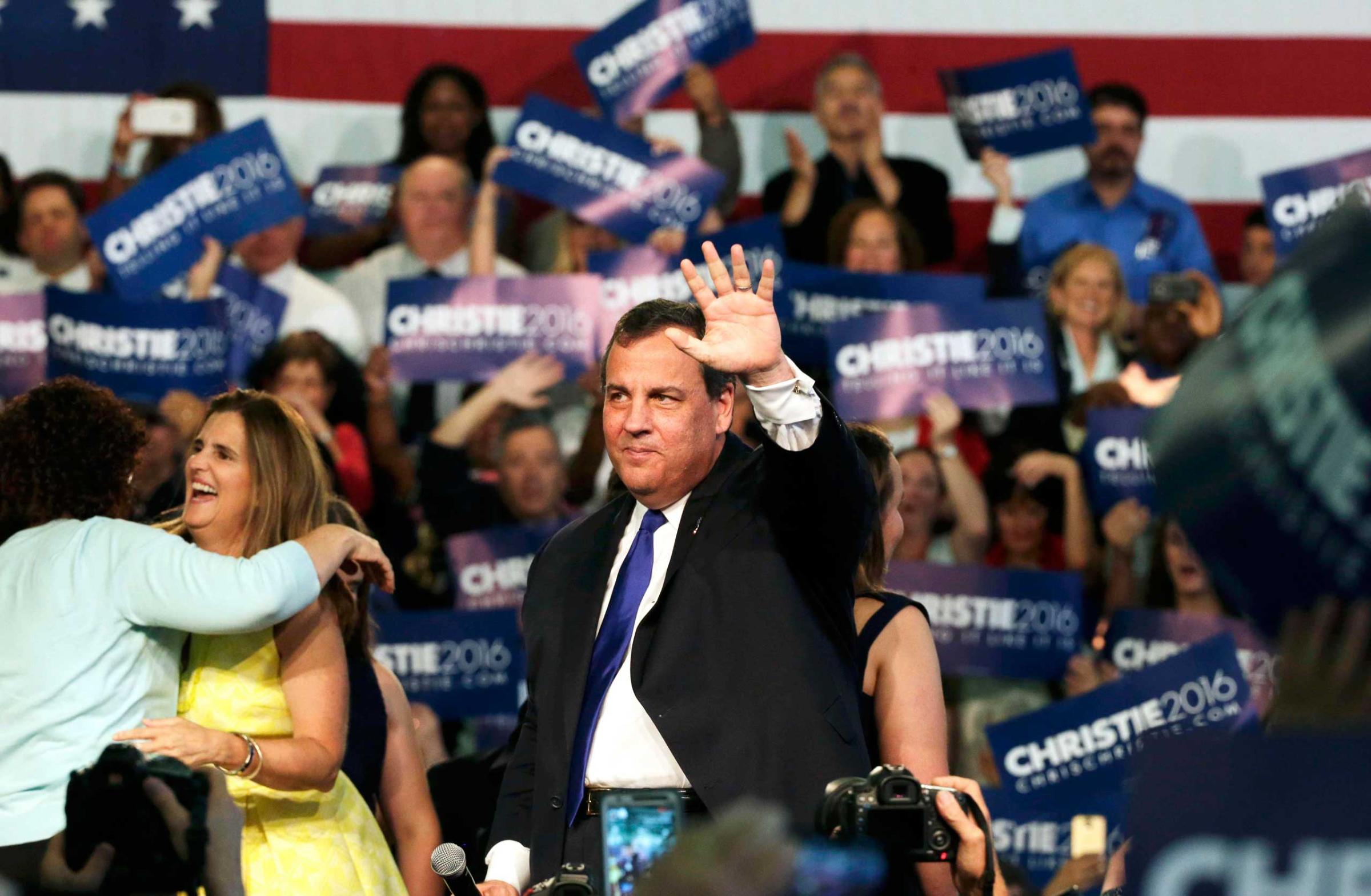
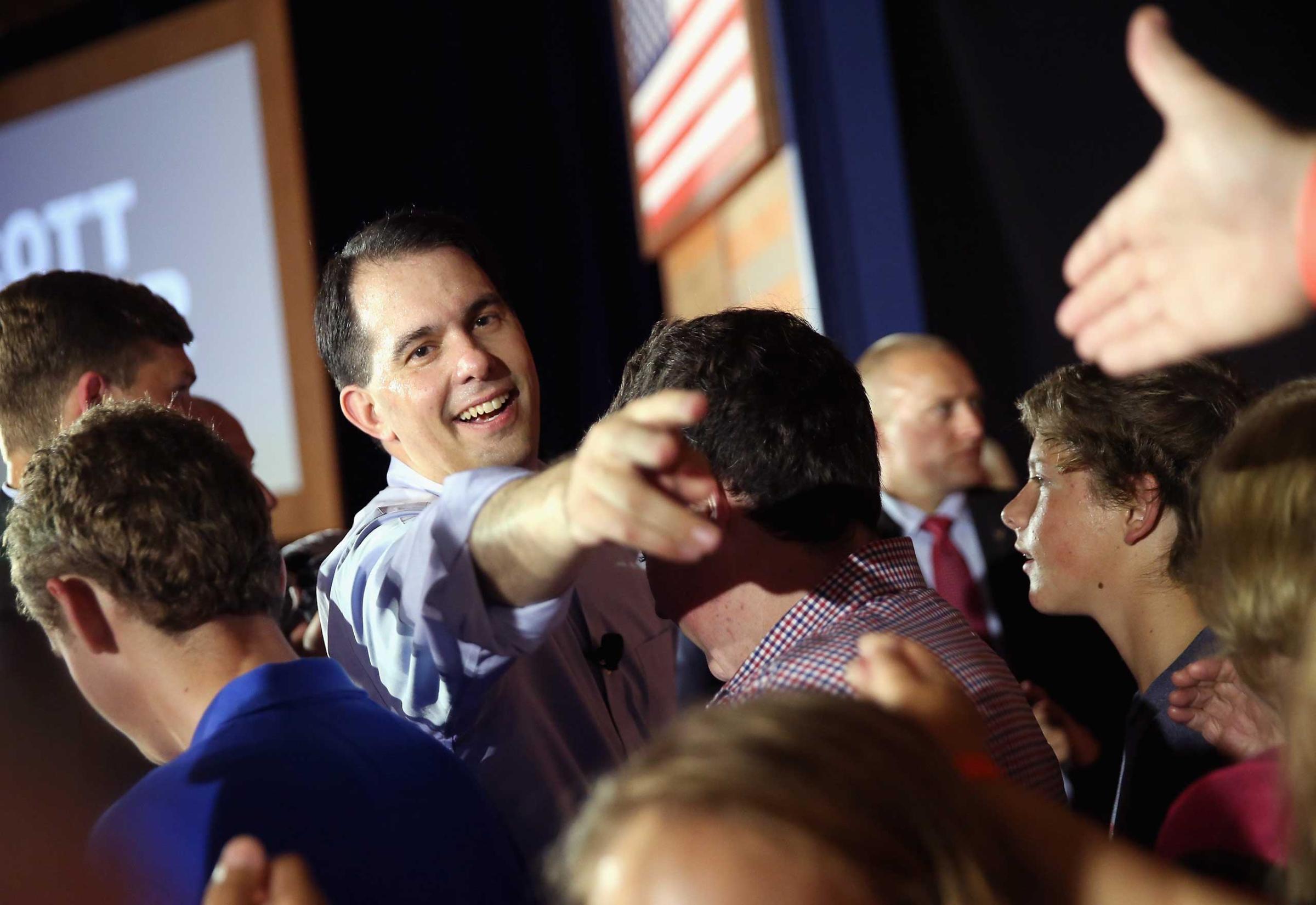
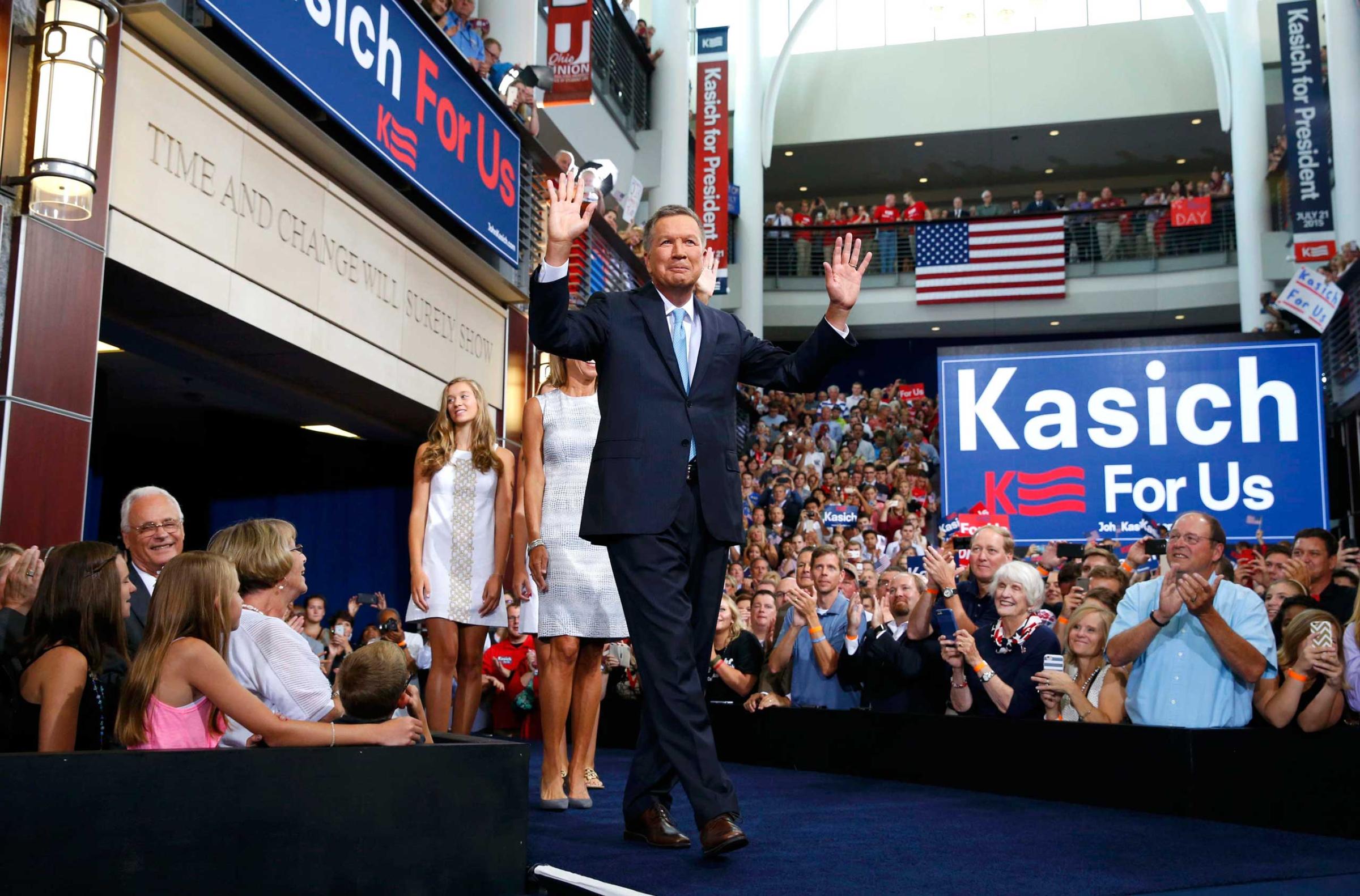
More Must-Reads from TIME
- Donald Trump Is TIME's 2024 Person of the Year
- Why We Chose Trump as Person of the Year
- Is Intermittent Fasting Good or Bad for You?
- The 100 Must-Read Books of 2024
- The 20 Best Christmas TV Episodes
- Column: If Optimism Feels Ridiculous Now, Try Hope
- The Future of Climate Action Is Trade Policy
- Merle Bombardieri Is Helping People Make the Baby Decision
Contact us at letters@time.com